For travelers passing through Narita Airport, the concept of a good night's sleep often feels like an impossible luxury. Between long layovers, early morning flights, and the general chaos of international travel, most passengers resign themselves to fitful naps on stiff terminal chairs. But a quiet revolution in airport comfort has emerged near Terminal 2 – the Narita overnight capsule hotel now offers a 9-hour sleep package designed specifically for transit passengers craving proper rest.
The capsules aren't some claustrophobic afterthought tucked beside baggage claim. Operated by the established Nine Hours chain, this facility functions as a proper micro-hotel with a sleek, minimalist aesthetic that would feel at home in Tokyo's trendiest districts. Upon entering, guests exchange their shoes for sanitized slippers and receive a numbered locker for belongings. The gender-segregated sleeping floors maintain a library-like hush, with each capsule pod featuring mood lighting, ventilation controls, and surprisingly high-quality bedding.
What sets this service apart is its time-based pricing structure. While traditional hotels charge by the night regardless of check-in time, the 9-hour package aligns perfectly with typical layover needs. Business travelers catching a 6am flight to Shanghai can check in at 10pm, sleep uninterrupted, and wake up showered without worrying about early checkout penalties. Backpackers arriving on red-eye flights can nap through the afternoon heat before evening connections to Southeast Asia. The timing isn't arbitrary – it's the result of careful study into passenger flow patterns at one of Asia's busiest hubs.
The capsules themselves measure approximately 2 meters long by 1 meter wide – compact, but ingeniously designed. Unlike the coffin-like pods of budget capsule hotels, these feature elevated ceilings with ambient glow lighting that eliminates any sense of confinement. The mattress quality surpasses most airport lounge offerings, with memory foam layers that alleviate pressure points from long-haul flights. Each pod includes a universal power outlet, USB charging port, and a small shelf for glasses or phones. For light sleepers, complimentary earplugs and an eye mask come standard.
Perhaps the most underrated aspect is the shower facilities. Transit passengers know the struggle of finding decent airport showers, often settling for cramped stalls with temperamental water pressure. Here, the spa-like shower rooms feature rainfall showerheads, premium toiletries, and even disposable toothbrushes. Towels are thick and plentiful, a small luxury that feels monumental after eighteen hours in economy class. The 9-hour package includes unlimited shower access, encouraging guests to refresh both before and after sleep.
Location proves another advantage. While many airport hotels require shuttle buses or long walks through parking structures, this capsule facility sits directly connected to Terminal 2 via a covered walkway. Passengers clearing immigration at midnight can be checked in and horizontal within 15 minutes. For those with early departures from Terminal 1, a free shuttle runs every 10 minutes. The convenience factor cannot be overstated – when jetlagged and disoriented, minimizing additional logistics becomes priceless.
Surprisingly, the clientele isn't just budget-conscious solo travelers. During peak travel seasons, business executives in rumpled suits queue alongside university students, all equally desperate for horizontal sleep. The demographic mix creates an unspoken camaraderie; in the shared vanity area, Silicon Valley tech workers and Australian gap-year backpackers exchange sympathetic smiles while brushing their teeth. The capsules function as a great equalizer – when it comes to sleep deprivation, job titles and travel budgets become irrelevant.
Critics might argue that paying for a windowless pod seems excessive when airport seats are free. But anyone who's attempted to sleep across connected chairs understands the false economy of that approach. Between security patrols, cleaning crews, and perpetually blaring announcements, terminal sleep comes in 20-minute increments at best. The capsule hotel's soundproofing alone justifies the cost for many guests. Add in the ability to stretch fully flat, control lighting and temperature, and store luggage securely, and the value proposition becomes clear.
As airport innovations go, the 9-hour sleep package reflects a growing recognition that modern travel often involves awkward timing and forced waits. Rather than treating passengers as temporary nuisances to be managed, it offers a dignified solution to a universal need. In an era where airlines keep shrinking seat sizes while expanding flight durations, such small mercies make all the difference between arriving refreshed or arriving ruined.
The next time you find yourself staring at a seven-hour layover in Narita, consider bypassing the crowded Starbucks and duty-free shops. That capsule hotel near Terminal 2 might just provide the most valuable currency any traveler can acquire: proper sleep on your own terms. After all, nobody ever stepped off a long flight wishing they'd spent more time browsing perfume samples or eating overpriced sandwiches. They do, however, frequently regret not sleeping when they had the chance.
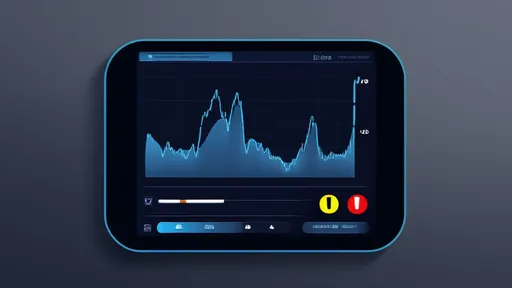
By /Aug 4, 2025
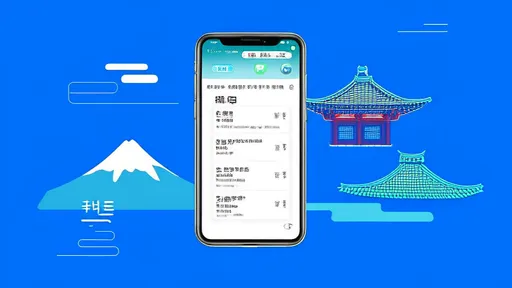
By /Aug 4, 2025

By /Aug 4, 2025
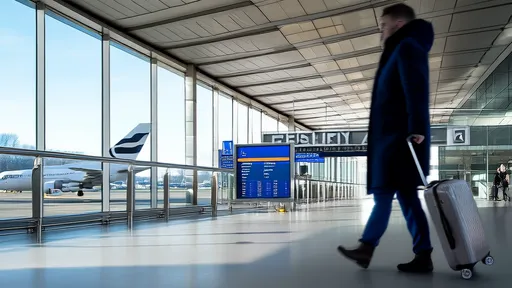
By /Aug 4, 2025
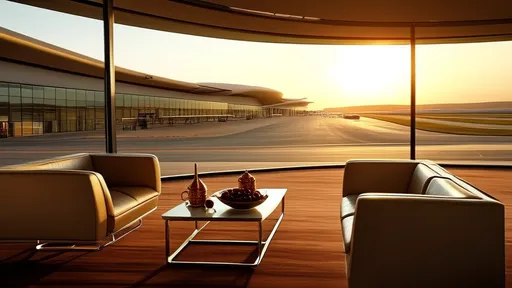
By /Aug 4, 2025
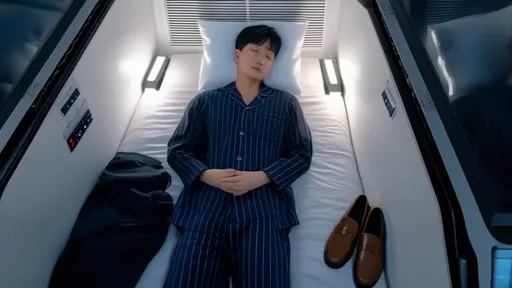
By /Aug 4, 2025
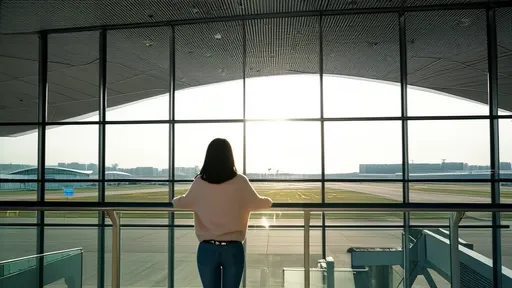
By /Aug 4, 2025

By /Aug 4, 2025

By /Aug 4, 2025

By /Aug 4, 2025

By /Aug 4, 2025

By /Aug 4, 2025

By /Aug 4, 2025

By /Aug 4, 2025

By /Aug 4, 2025
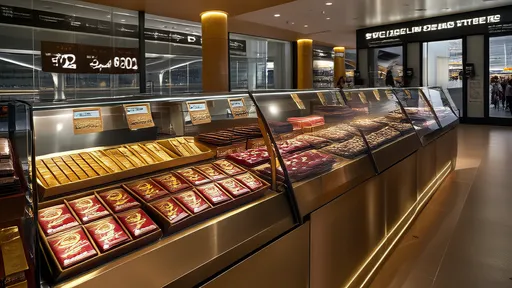
By /Aug 4, 2025

By /Aug 4, 2025
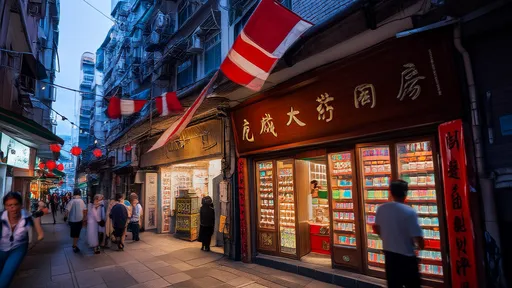
By /Aug 4, 2025

By /Aug 4, 2025
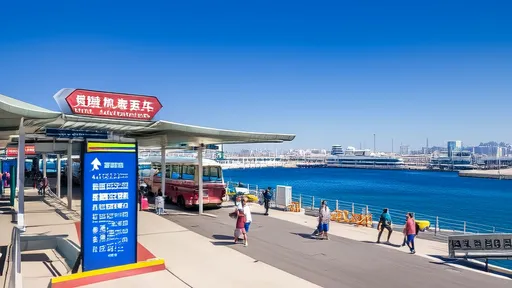
By /Aug 4, 2025